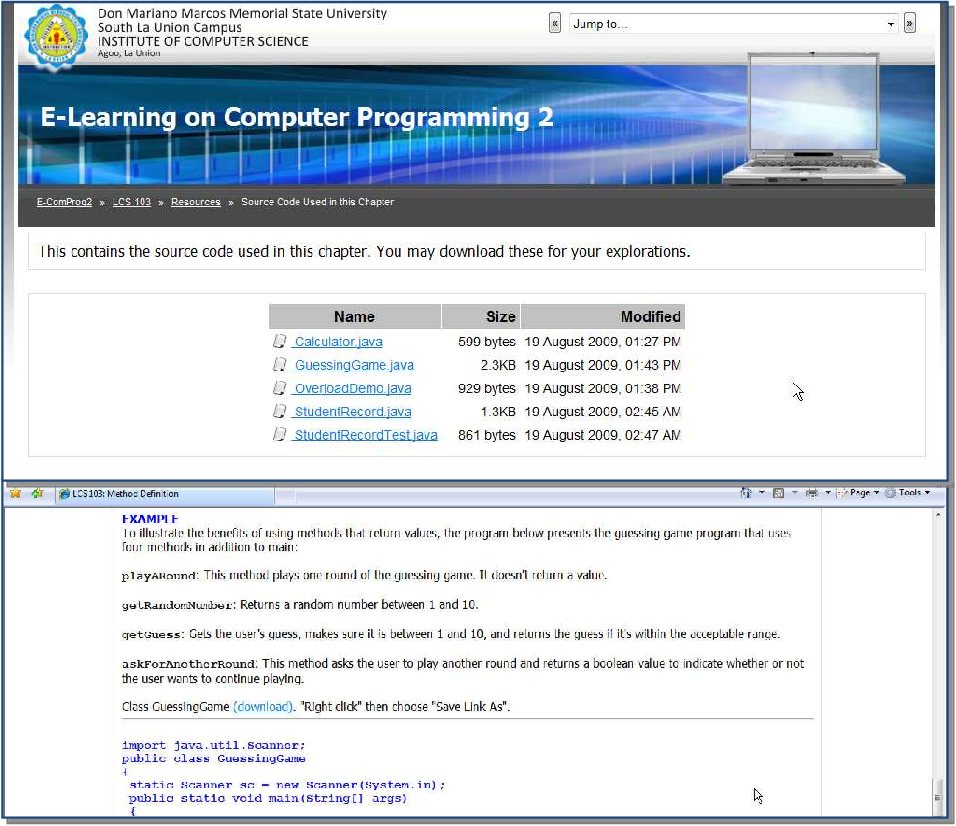
- #Sci e program update#
- #Sci e program full#
- #Sci e program registration#
- #Sci e program professional#
The evaluation of the progress of the students of the master's degree program is done at the end of each semester with a benchmark GPA last semester, the cumulative GPA, and the suitability of development studies with the expected stages: Study Progress Of Evaluation Master's Degree Program The amount is the minimum that must be met to obtain a master of science in school Pascarjana Bogor agricultural University. Lectures (including United Kingdom) = 25-29 sks.To complete a master of Science degree program the number of credits that must be collected are as follows:

#Sci e program full#
Students on the fewest master of science programs have to attend 2 semester full course expenses (1 year) in SPs Before taking the final exam. Thus, all requirements to achieve a Master of Science degree must be fulfilled in the longest period not more than 4 (four) years or 8 (eight) semesters since the students enrolled in SPs. In order to achieve a master's degree in science, each study Program requires its students to attend lectures and conduct research to write theses. The extension of this study can be given to students gradually 2 (two) x 3 (three) months if it meets the conditions.

Under certain conditions that are assessed to meet the requirements by SPs And with the approval of the Supervisor's Commission and the head of study Program, students can apply for an extension of the study. The length of the study period for regular maintenance science masters program is 3.5 (three and a half years) of years or 7 (seven) semesters.

#Sci e program professional#
#Sci e program update#
#Sci e program registration#
Information System for Seminar registration resultsĮducation Cost Billing Information Systemįaculty of Agricultural Engineering and Technologyįaculty of Mathematics and Natural Sciences The Organizational Structure Of The Leadership ProfileĪcademic administration Information System These groups include but are not limited to: LGBTQ communities, people with disabilities, African Americans, rural populations, American Indians, Asian populations, Latinx groups, and those in the most vulnerable age categories: children and older adults.The motto, goals and development strategies The Inclusive Science Program (ISP) places particular emphasis on groups that have been historically underrepresented in research or who experience significant health disparities in North Carolina.

We provide investigators with access to experts, resources, and education to enhance the inclusion of diverse populations across the life course in clinical and translational research.


 0 kommentar(er)
0 kommentar(er)
